Summit sees a perfect storm in the United States that threatens the success of many nonprofits and will likely lead to the closure of some. The key factors include diminished federal government support, strained state and local government budgets, and potential economic downturn impacting philanthropic giving.
It is helpful for an organization to have an outside perspective to best identify its current challenges. Summit proposes offering critical need contingency assessments aimed at helping nonprofits navigate these challenges. It is important that these assessments be expeditious and inexpensive.
Typically, the assessment can be accomplished in two phases:
While much of the assessment is focused on financial considerations, other areas are also considered that impact the efficiency and effectiveness of the organization. Our assessments are not intended to be critical of prior decisions or personnel, but rather a straightforward snapshot of the organization as it sits and our confidence that your organization has a pathway forward to success.
Areas of Assessment
Mission, Vision, Values
Summit reviews the organization’s mission, vision and core values. We may challenge the organization to consider whether its mission and vision should be modified, narrowed or expanded. We assess whether core values are lived within the organization.
Strategic Plans
Summit reviews prior strategic planning efforts, whether such plans are built with accountability in a SMART goal format and whether the organization regularly consults the plan in operational decisions.
Financial Oversight
While we are not financial auditors, we review and assess key financial documents and trends. This includes:
- Annual Approved Budget (3-year history)
- Cash Flow & Reserves
- Policies for handling funds, disbursements and expenditures
- Administrative costs, fundraising expenses and program expenditures
- Annual Audit or other external review of Financials
Program Review
Summit assesses programs from a standpoint of the cost of delivery and whether your organization is effectively measuring the return on investment from donors and grantors. We also consider your marketing and community outreach strategies.
Development / Fundraising Plans
Summit assesses prior development plans, whether they are designed with accountability metrics, challenges with implementation, and completeness.
Review of Revenue Streams
As part of development plan reviews, Summit also assesses your success pursing different revenue sources including:
- Individual, Corporate and Board Contributions
- Grants (Government, Foundations, Corporate)
- Membership Fees
- Fee for Service
- Estate Gifts
- Events
- Donor recognition and other retention strategies
Board Review
We assess Board strength and engagement including the following factors:
- Leadership
- Size & Skills
- Level of Engagement
- Expectations & Contributions
- Turnover
- Conflict of Interest Policy
- Board Member Onboarding and Training
- Annual Board Evaluation
- Onboarding of Executive Director
- Annual Review of Executive Director
Organization Review
We review the organization leadership, staffing and volunteer engagement, including:
- Onboarding of Staff
- Sufficiency of Staffing, Compensation and Benefits
- Turnover
- Written Personnel Policies
- Annual Review of Staff
- Management and Recruitment of Volunteers
- Training of Staff and Volunteers
- Recognition of Staff and Volunteers
Managing Financial Health Strategies
As part of our assessment, we expect to analyze various strategies to improve financial health which could include any of the following:
- Growing Revenue
- Reducing Expenses
- Narrowing or expanding mission/focus
- Consolidating business operations
- Merging or operating under the umbrella of another nonprofit
Overall Assessment
At the conclusion of the engagement, Summit will prepare an overall assessment highlighting strengths, identifying challenges and presenting a pathway with next steps to improve the organization and strengthen its financial health. Next steps could include training, coaching, technical assistance writing grants, development of core values, preparing strategic plans and developing fundraising plans.
